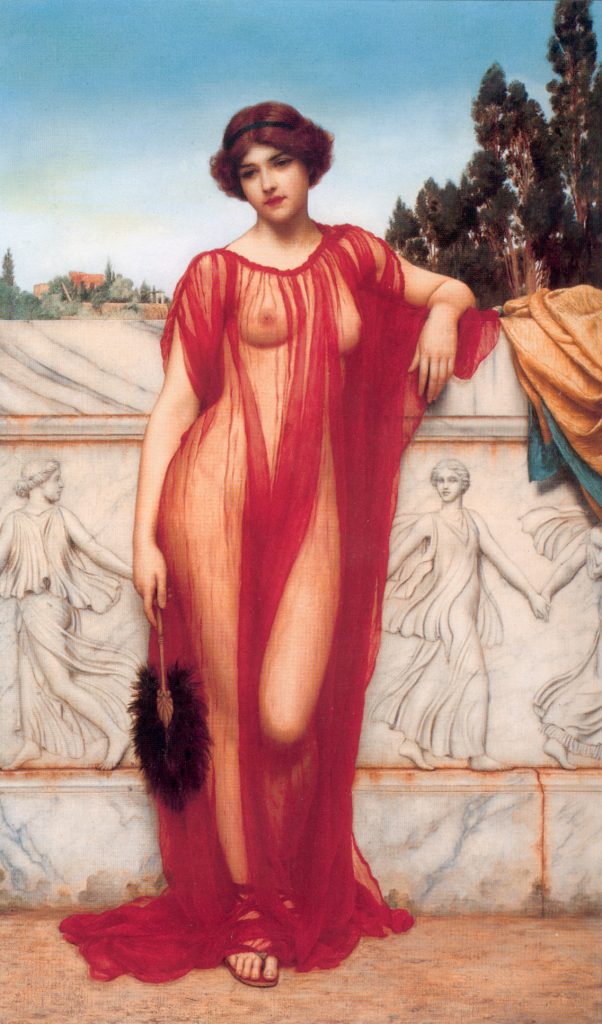
Athenais was a prophetess from Erythrae in Ionia, Asia Minor. She lived at the time of Alexander the Great. According to Strabo, Athenais was one of the oracles which claimed divine descent for Alexander the Great.
According to Pausanias (Paus. 7.3.7), the Erythraeans said they came originally from Crete under the leadership of Erythrus (‘Red’), son of Rhadamanthus, and at the same time inhabited by Lycians, Carians, and Pamphylians.
At a later period came Knopos (Strab. 14.633), son of Codrus, with an Ionian colony, whence the city is sometimes called Cnopopolis. The city did not lie exactly on the coast, but some little distance inland, and had a harbor on the coast named Cissus (Livy, 36.43).
Pan-Ionian League
In the 7th century BC as an Ionian city of Asia Minor, Erythrae was a member of the Pan-Ionian League. Sometime during the 7th century Erythrae fought a war against the neighbouring island of Chios. (Herodotus 1.18). The city gained fame as a producer of millstone during the period of tyrannical rule.
Erythrae was never a large city, it sent only eight ships to the Battle of Lade. The Erythraeans were for a considerable time subject to the supremacy of Athens, but towards the close of the Peloponnesian War they threw off their allegiance to that city. After the battle of Cnidus, however, they received Conon, and paid him honours in an inscription, still extant. Source: Wikipedia.




